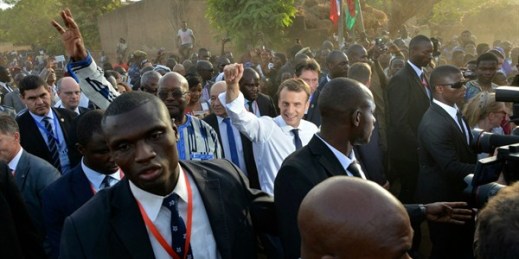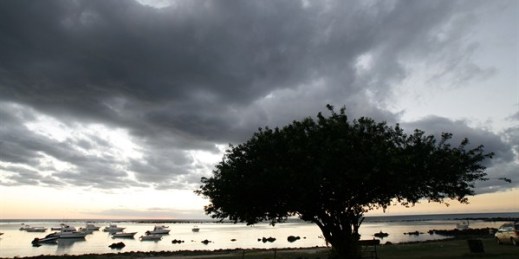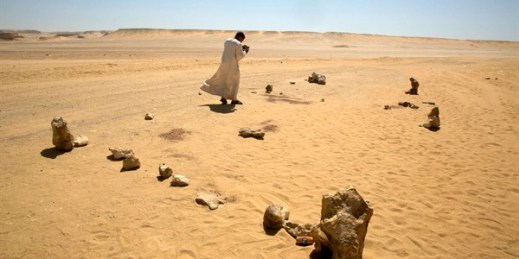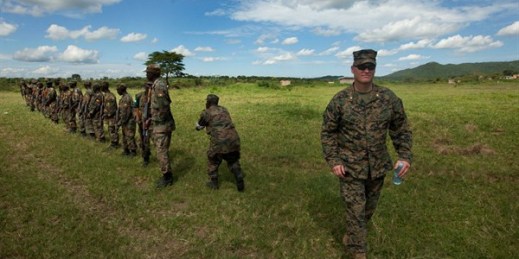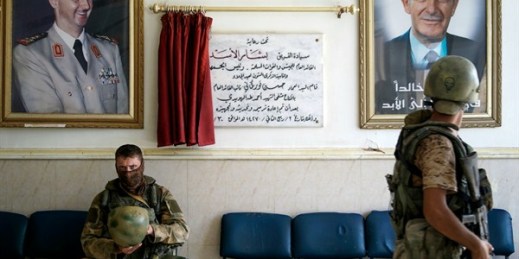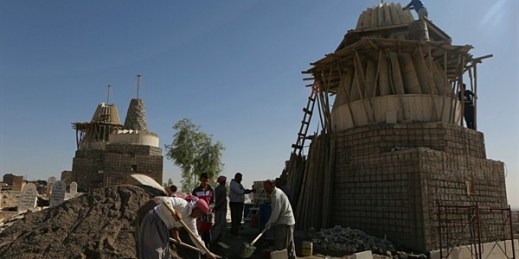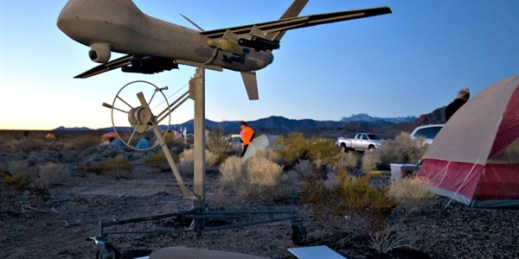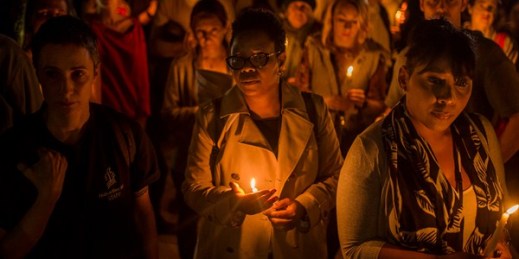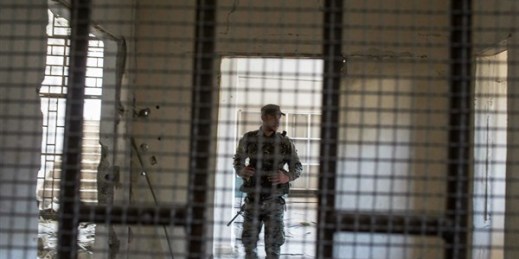
Editor’s note: This article is part of an ongoing series on the Islamic State after the fall of Raqqa and the outlook for Syria and its neighbors. What does the future of the Islamic State look like in the wake of its battlefield setbacks in Iraq and Syria, from the fall of Mosul last summer to Raqqa last month? Will it revert to a low-level insurgency, or lash out with the kinds of terrorist attacks more associated with its predecessors, like al-Qaida? Can it sustain itself as a movement drawing in sympathizers and recruits from around the world? Writing for […]

